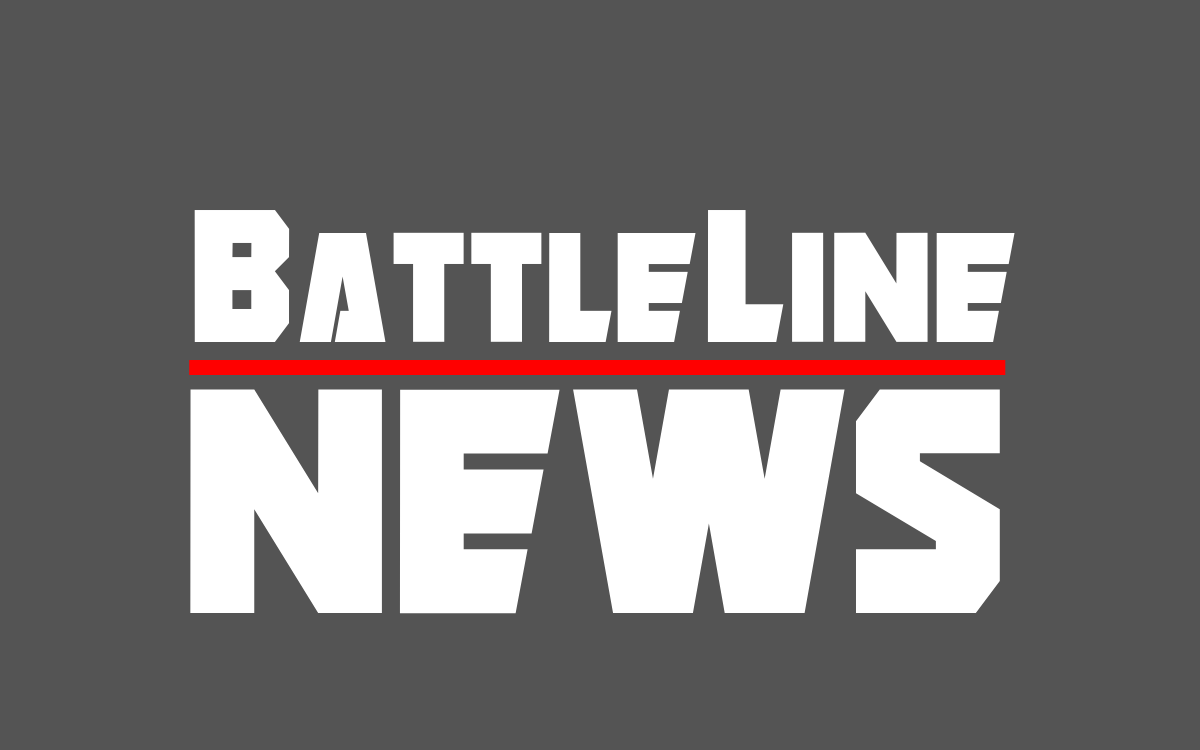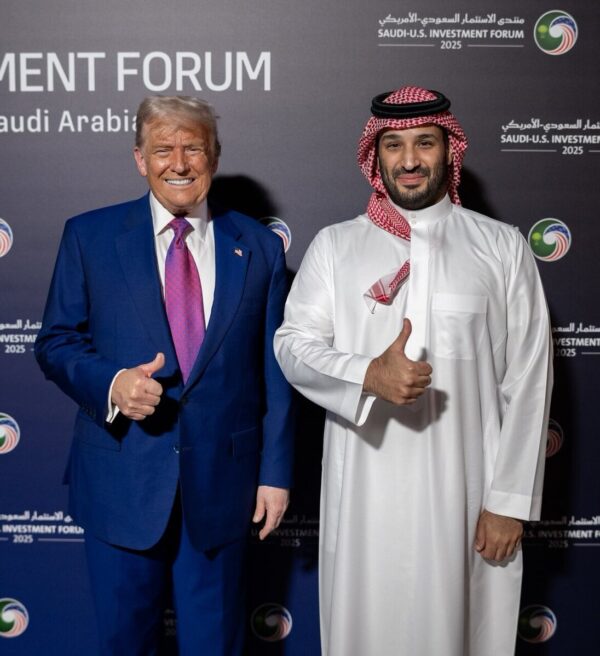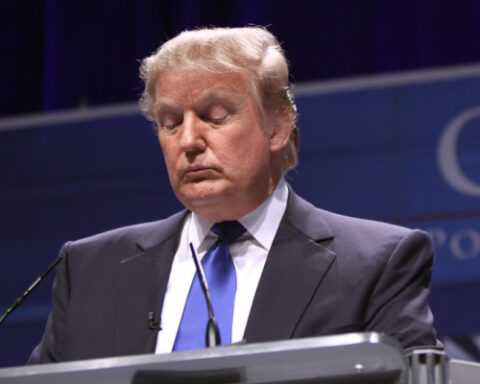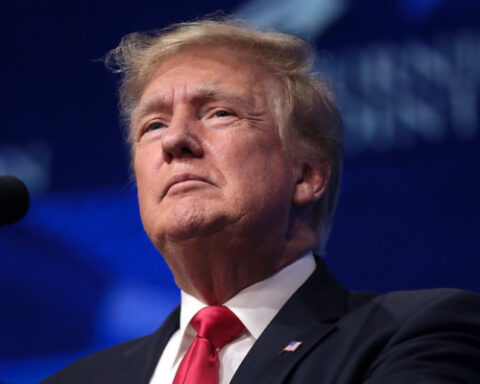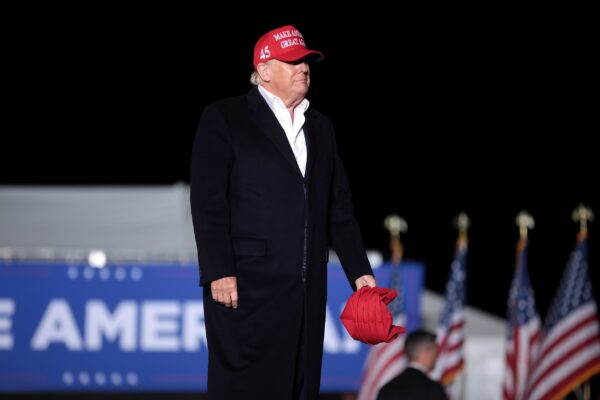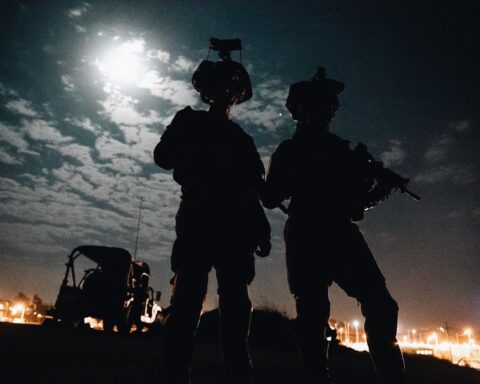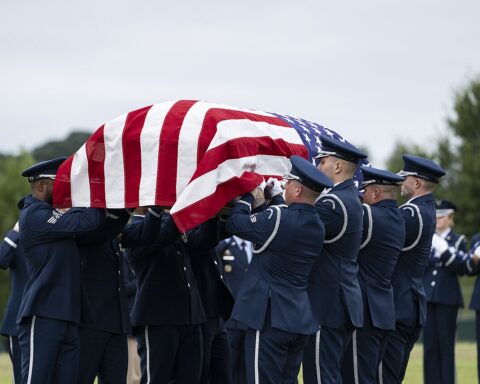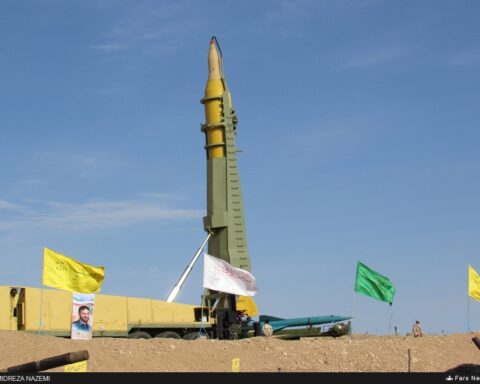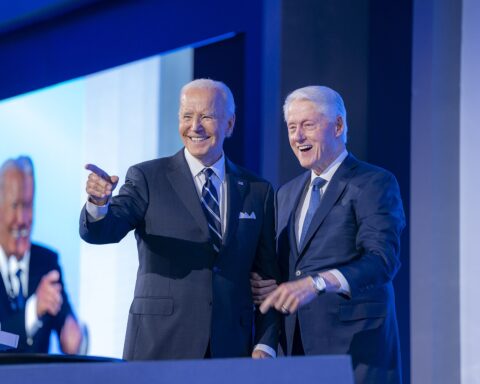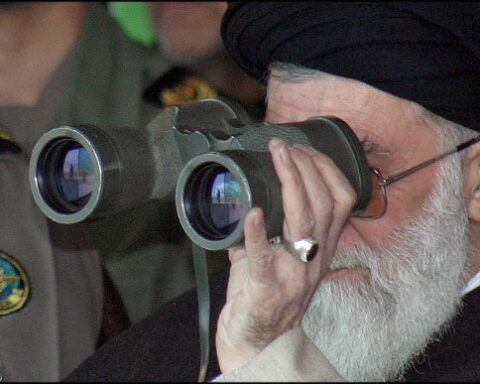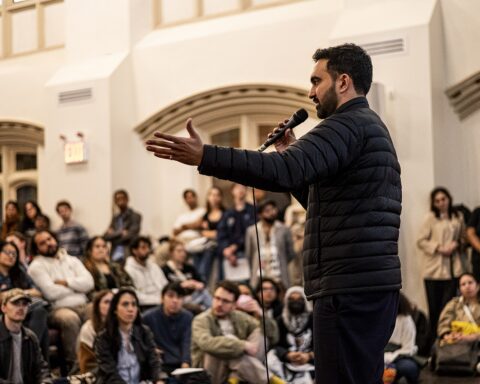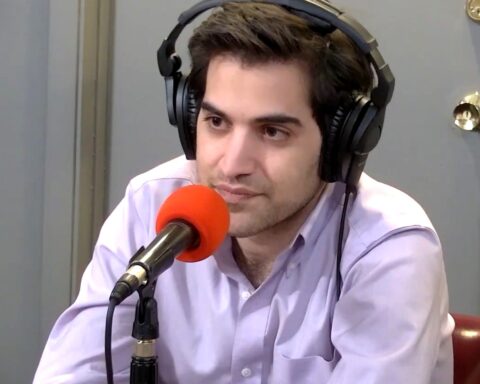President Donald Trump on Tuesday offered pointed remarks about Jamal Khashoggi, the Washington Post columnist killed inside the Saudi consulate in Istanbul in 2018, as he stood alongside Saudi ruler Mohammed bin Salman in the White House. Taking questions from reporters, Trump described Khashoggi as “extremely controversial,” responding sharply after Mary Bruce of ABC News attempted to ask about the murder.
The president insisted that the crown prince knew “nothing” about the killing and suggested that, regardless of public opinion, “things happen.” The exchange unfolded as Bruce began questioning bin Salman: “Your Royal Highness, the U.S. Intelligence concluded that you orchestrated the brutal murder of a journalist, 9/11 families are furious that you are here in the Oval Office. Why should Americans—” Before she could finish, Trump interrupted to ask which outlet she represented. Upon hearing she was with ABC, he dismissed it as “Fake news, one of the worst.”
Moments later, Trump praised the crown prince’s leadership, calling his performance “phenomenal,” and characterized Bruce’s question as inappropriate given the circumstances of the visit. “You’re mentioning somebody that was extremely controversial,” Trump said of Khashoggi. “A lot of people didn’t like that gentleman… Whether you like him or didn’t like him, things happen, but he knew nothing about it. And we can leave it at that. You don’t have to embarrass our guests by asking a question like that.”
Bin Salman, for his part, addressed the killing briefly, calling it “painful” and a “huge mistake.” He added that his government was “doing our best that this doesn’t happen again.”
Khashoggi’s death, U.S. intelligence later determined in 2021, had been approved by the crown prince. The columnist had once served as an adviser to the Saudi royal family, but he left the country in 2017, entering self-imposed exile as he became increasingly critical of Saudi leadership under bin Salman.
Though Khashoggi occasionally expressed support for certain reforms — including the 2018 decision to allow women to drive — his Washington Post columns frequently scrutinized Saudi Arabia’s political direction, the crown prince’s governing style, and the nation’s foreign policy.
Trump’s remarks on Tuesday underscored his tendency to challenge media narratives and his inclination to defend visiting foreign leaders from public confrontation while on American soil. The president’s framing of Khashoggi as a divisive figure, and his attempt to shut down questioning he viewed as hostile, reflected a posture consistent with his broader skepticism toward the press and his preference for managing diplomatic conversations on his own terms.
Bin Salman’s brief response acknowledged the gravity of the murder while emphasizing that the kingdom regarded it as a profound error. Despite their differing tones, both leaders sought to move the discussion away from the killing, steering the moment back toward their shared agenda.
As the exchange closed, the two men maintained a united front, leaving lingering questions about accountability to the side while reinforcing the diplomatic relationship at the center of the meeting.
[READ MORE: Trump Weighs Direct Health Care Payments as Premium Negotiations Intensify]
